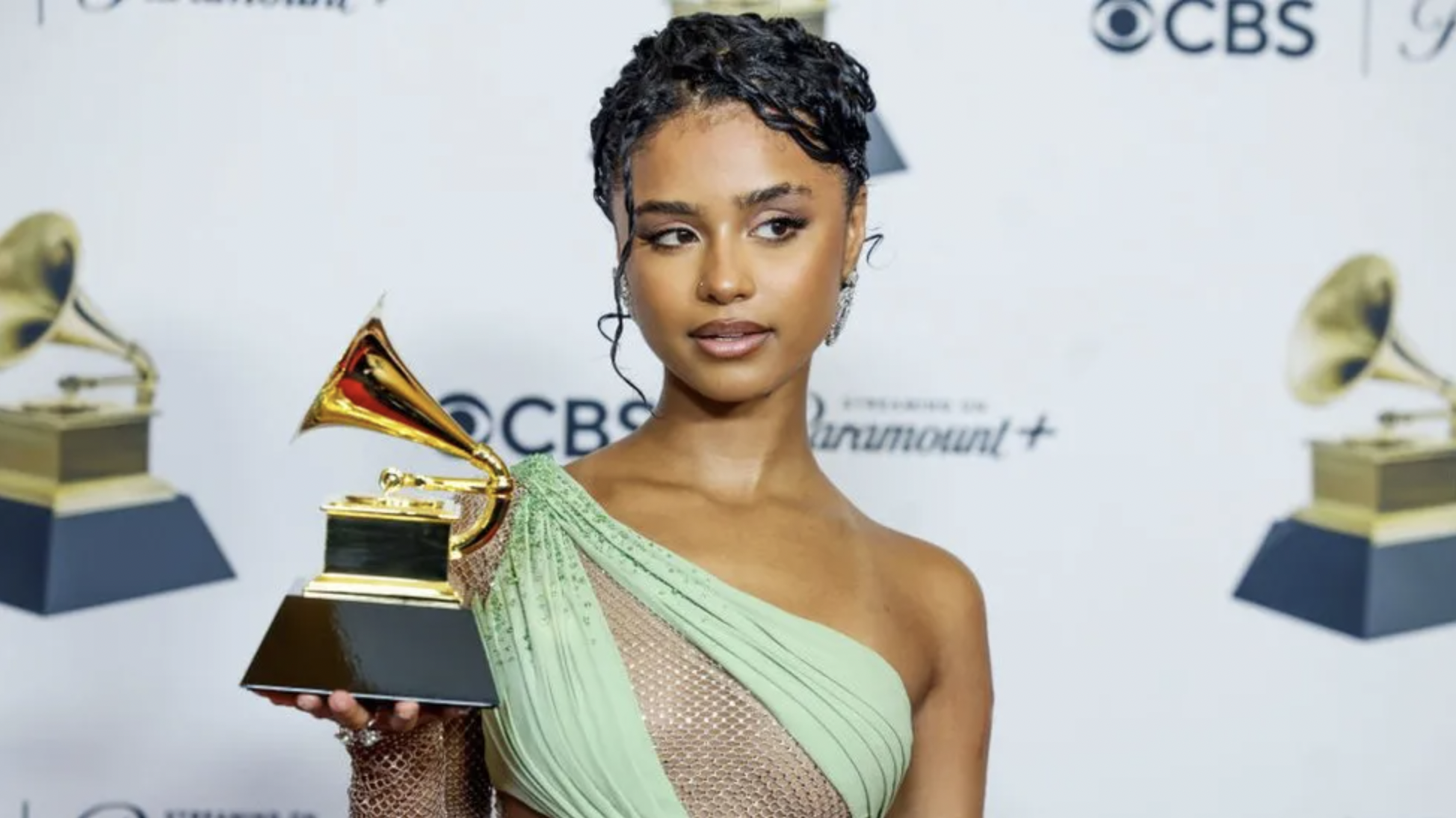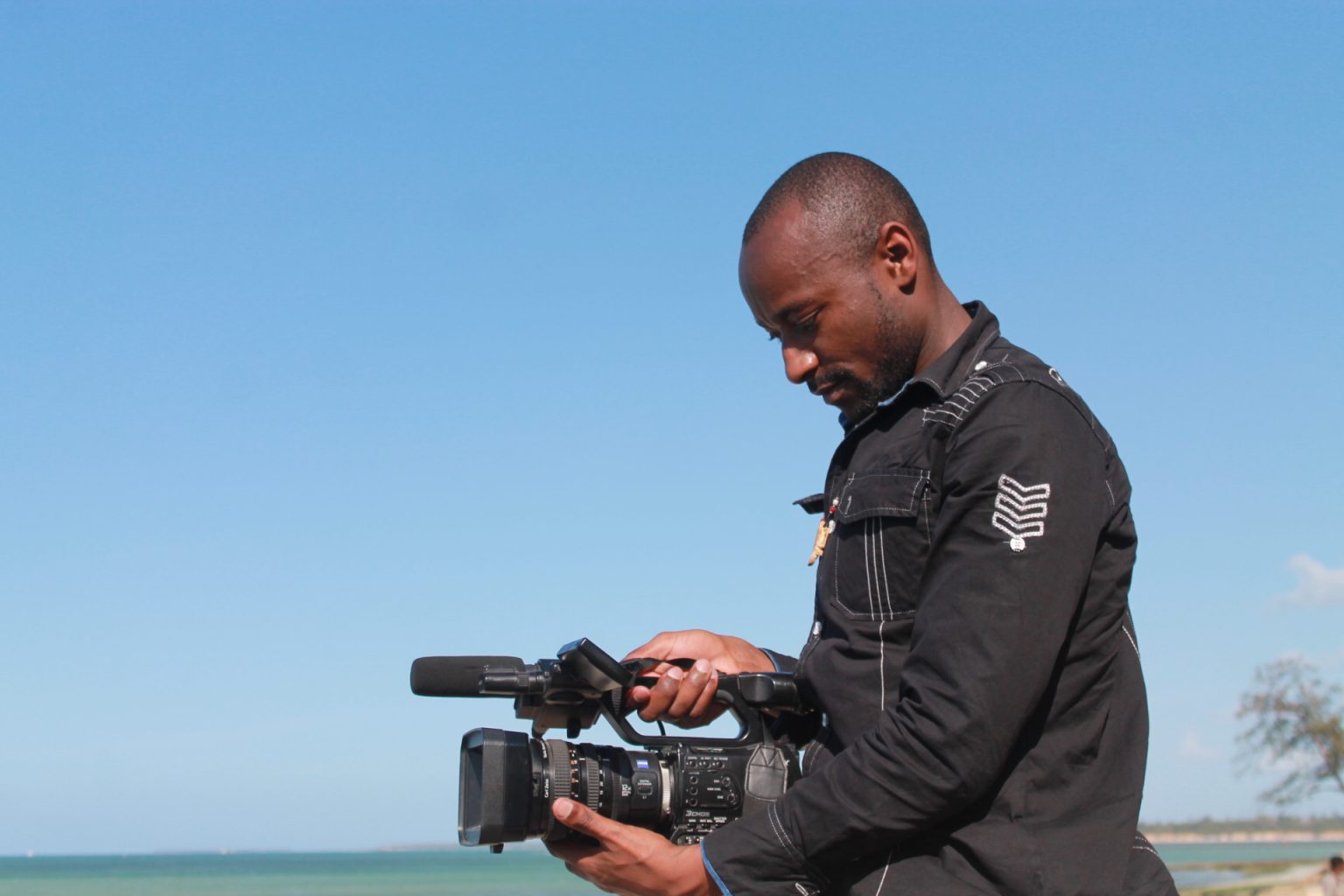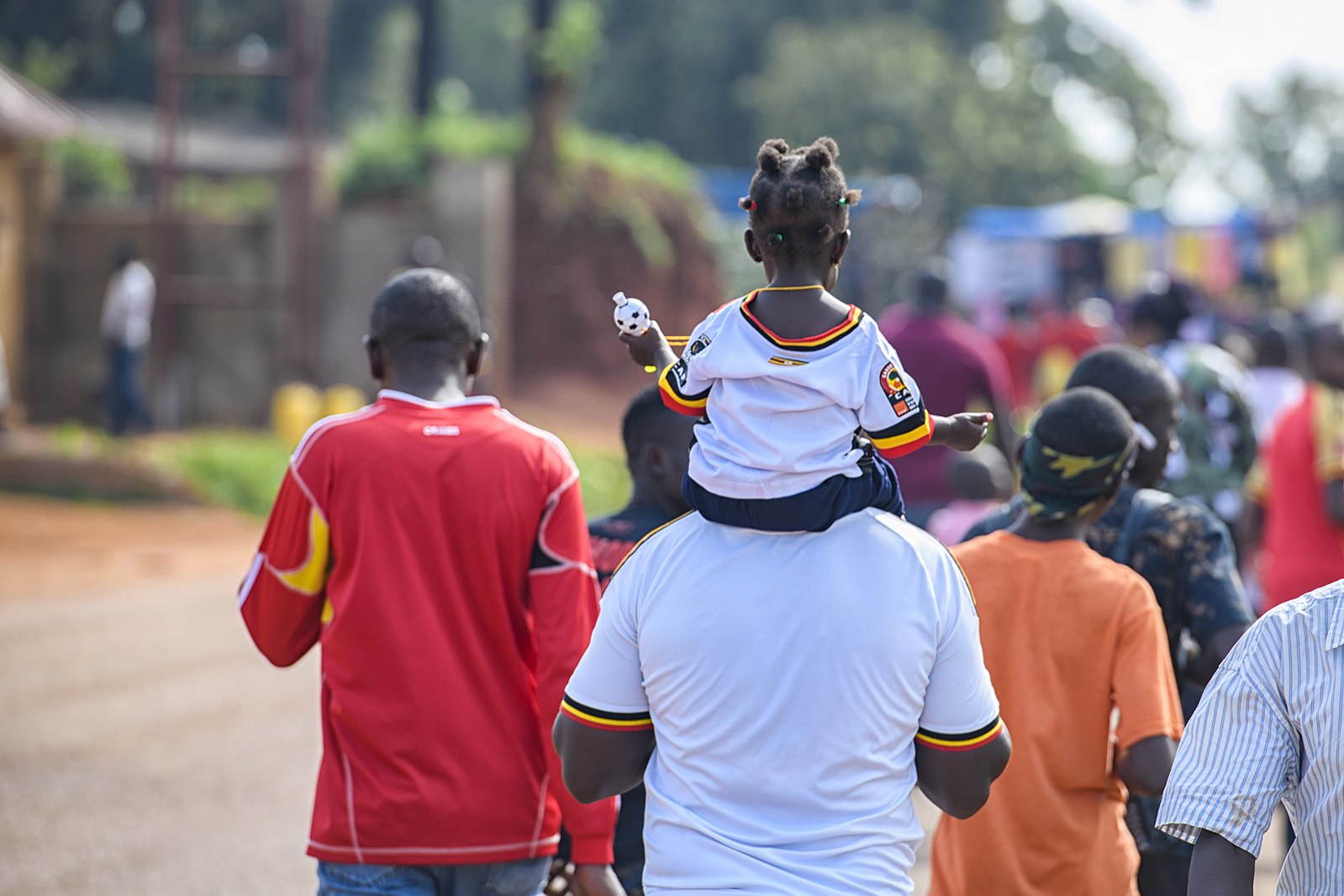We are excited to announce that Brink is now part of Africa Practice. Learn more
Afro-piano and the emergence of African soft power

In November 2023 – five months after the Recording Academy announced the creation of a category for African music dubbed “Best African Performance” – they released their list of Grammy nominees. Seven artists were nominated: five from Nigeria, and two from South Africa. While African artists have always been eligible across other categories, this new category specific to African talent is the first of its kind in the 66 years of the Grammy’s existence. The creation of this category is a tangible manifestation of a development that has been years in the making, but perhaps most evident over the last five years. African music has shifted from the fringes to the mainstream and brought with it a new kind of power: soft power that Africans and their nations must now learn to wield.
Local genre to global phenomenon
Historically, when we talk about global soft power, Africa has never really been top of mind. Hollywood is a global hegemonic force and in recent years, South Korean K-culture has taken the world by storm. The African movie industry like Nollywood has been a steady and consistent driver in spreading African soft power, although its impact and reach still feel niche. But subtly – and perhaps non-intentionally – African genres like Afrobeats and Amapiano have skyrocketed to global acclaim and gained credibility and demand beyond their shores. This rise can be attributed to multiple drivers: from a growing African diaspora in major international cities like London and New York to the inarguable impact that digital technologies have had on the creative economy.
Two major digital companies have played a significant role in this expansion: Spotify and TikTok. In 2021, Spotify entered into the Nigerian market. Before this, the music streaming platform had only been available in five African countries: Algeria, Egypt, Morocco, South Africa, and Tunisia. Spotify’s entry into Nigeria – the home of Afrobeats – and subsequent expansion into 38 other countries in Africa provided a global platform for local artists and kickstarted a democratisation of access for non-African listeners. According to statistics from Spotify Wrapped 2023, Afrobeats streams had increased by 550% since 2017. Afrobeats was streamed more than 13 billion times on Spotify in 2022 and became the fastest-growing genre globally, with listeners from as far as India and Mexico. Beyond Spotify, TikTok has also helped the continent’s music industry visibility, with several African songs going viral on the app – inspiring dance trends and gaining global recognition.
The gatekeeping dilemma
Since 2021, major global music labels including Universal Music Group, Sony Music Entertainment, and Warner Music Group have taken notice of the opportunities and the growth in Africa’s music industry and expanded into the continent. As Afrobeats, Amapiano, and other African music styles gain popularity, there is increasing conversation about preserving the continent’s cultural heritage and identity through “gatekeeping.” Some argue that precedence may justify this practice due to power imbalances whereby indigenous content is repackaged by Western artists with little or no credit to the originators.. While concerns are valid, gatekeeping could hinder the music industry’s growth and economic impact.
Currently, music contributes a mere 0.1% of the GDP of the entire African continent, according to a 2022 Afreximbank report. Yet, in Nigeria alone, the National Bureau of Statistics has estimated that the country’s creative sector – encompassing media, entertainment, beauty, lifestyle, visual arts, tourism and hospitality – is projected to soar to a staggering USD 15 billion by 2025, and could contribute up to 10% of GDP. For the continent as a whole, there are estimates that Africa’s annual music streaming revenues will grow to USD 314.6 million by 2026. For Africa to develop its music industry as a viable economic tool to empower the youth and position the region as a key contender in the international sphere, global partnerships are crucial. We have to strike while the iron is hot to leverage the economic potential of the continent’s current cultural influence.
Ownership is key to addressing concerns around gatekeeping, and governments can play a crucial role in building intellectual property frameworks supporting creative economies by providing legal protection and fostering innovation. Ministries of Culture and Tourism should take active steps to develop policies and mechanisms that strike the balance between promoting culture and protecting indigenous cultural expressions and heritage from exploitation or misappropriation.
Leveraging soft power beyond the abstract
For years, Africa has strived for credibility and a seat at the international table. Recently, efforts towards regional integration and a unified regional position, exemplified by the Africa Union’s inclusion in the G20, have gained momentum. Soft power, wielded through our music and culture, now offers valuable leverage to broaden diplomatic horizons and bridge gaps in hard power. The success of The Korean Wave, or Hallyu, provides a compelling example of how a nation, once impoverished by war, utilised soft power through K-pop, K-drama, and other cultural attractions to cultivate a billion-dollar industry which reached USD 12.45 billion in 2021.
Africa can learn from this model, recognising that while soft power belongs to nations rather than governments, governmental support is pivotal in nurturing these industries. While African musicians are gaining global recognition, they still face challenges in achieving adequate representation and visibility due to the continent’s underdeveloped music industry and lack of robust legal and structural frameworks. To fully capitalise on Africa’s cultural influence and unlock its economic potential, it is crucial to seize current opportunities and establish sustainable industry frameworks for long-term viability.
Governments can bolster creative industries through various means, including providing financial incentives like grants, tax breaks, and subsidies; investing in cultural centres, studios, and exhibition spaces; facilitating access to education and training programs; fostering international collaborations and partnerships; and implementing supportive policies and regulations that foster creativity, innovation, and entrepreneurship. Innovative financing programs from agencies like the African Development Bank (AfDB) and governments could stimulate economic activity and job creation within the music industry. Moreover, as a medium-term intervention, governments can collaborate through platforms such as the African Union to pledge funding and other interventions to enhance the music industry’s contribution to the region’s GDP. In this highly digitised age, capitalising on soft power appeal is Africa’s greatest asset to build its human capital and reframe its perception in the global mindscape.
About the Author
Iniye Spiff is a consultant at Africa Practice, advising clients in the development sector with a particular focus on human capital, political economy, global health and gender in Anglophone and Francophone West Africa. She can be contacted at [email protected].
Proud to be BCorp. We are part of the global movement for an inclusive, equitable, and regenerative economic system. Learn more


